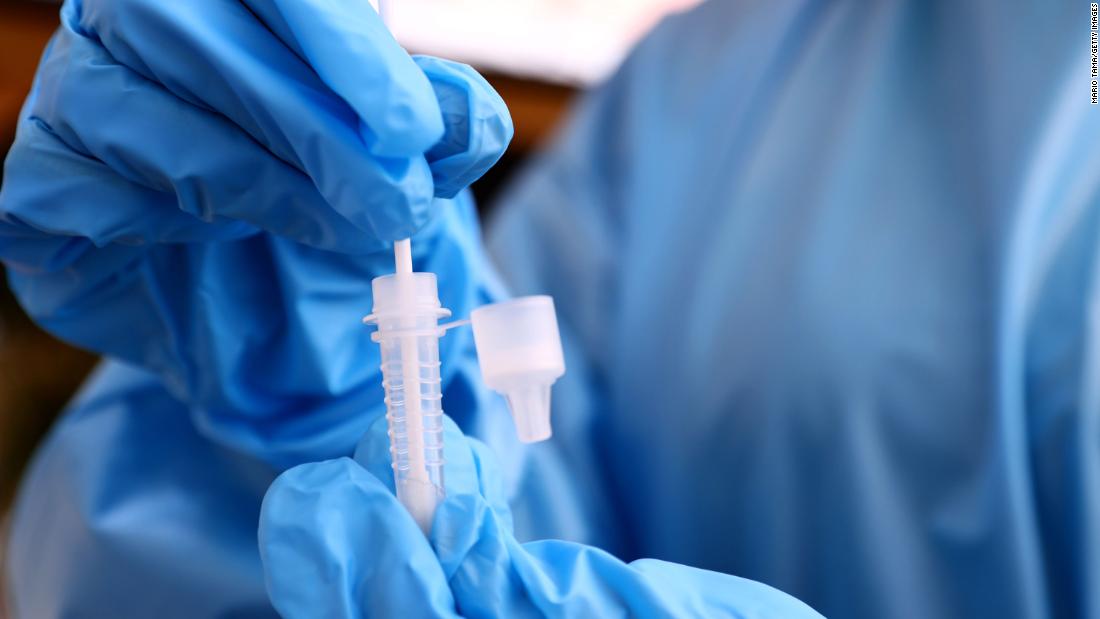You are here
What experts are learning about Lambda, a new coronavirus ‘variant of interest’
Primary tabs
What experts are learning about Lambda, a new coronavirus ‘variant of interest’
Sun, 2021-08-08 15:50 — mike kraft What experts are learning about the Lambda coronavirus variant As the coronavirus pandemic continues, infections caused by the Lambda variant have been emerging in the United States, including in Texas, where Houston Methodist Hospital last month reported its first case. CNN
What experts are learning about the Lambda coronavirus variant As the coronavirus pandemic continues, infections caused by the Lambda variant have been emerging in the United States, including in Texas, where Houston Methodist Hospital last month reported its first case. CNN As the coronavirus pandemic continues, infections caused by the Lambda variant have been emerging in the United States, including in Texas, where Houston Methodist Hospital last month reported its first case.
Genomic sequencing has identified 1,060 cases of Covid-19 caused by the Lambda variant in the United States so far, according to the independent data-sharing initiative GISAID. While that number is a far cry from the surge in cases caused by the Delta variant – representing about 83% of new cases in the US – infectious disease experts have said that Lambda is a variant they are watching closely.
The Lambda variant was first identified in Peru in December. The World Health Organization designates Delta as a “variant of concern.” Lambda is designated a degree lower as a “variant of interest.”
“I think any time a variant is identified and demonstrates the capacity to rapidly spread in a population, you have to be concerned,” Dr. Gregory Poland, a professor of medicine and director of the Vaccine Research Group at the Mayo Clinic in Rochester, Minnesota, told CNN on Friday.
“There are variants arising every day – if a variant can be defined as new mutations,” he said. “The question is, do those mutations give the virus some sort of advantage, which of course is to human disadvantage? The answer in Lambda is yes.”
There is a lot left to learn about Lambda.
The variant is not nearly as worrisome as the Delta variant in the US, which has been driving a rise in cases nationwide, but early studies suggest that it has mutations that make it more transmissible than the original strain of the coronavirus. ...

Recent Comments